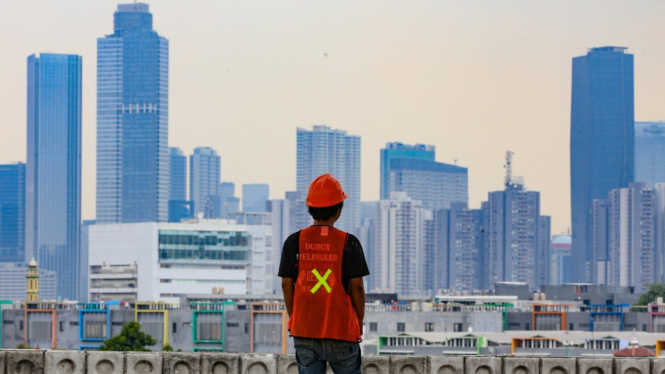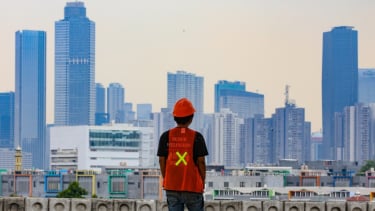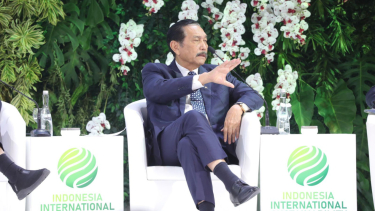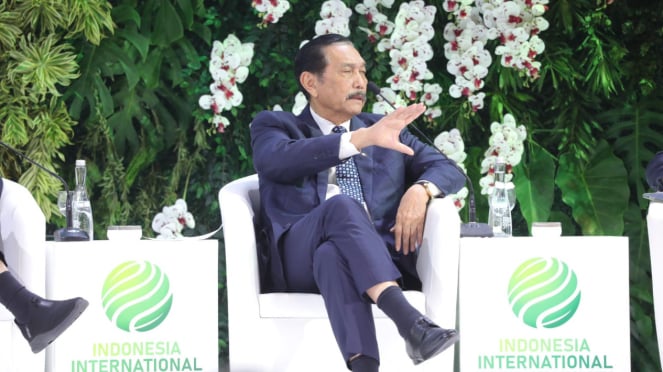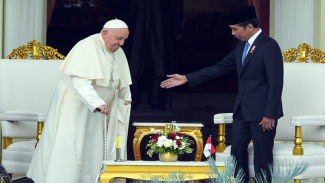Indonesia Accelerates Green Energy Transition to Boost Economic Growth
- VIVA/M Ali Wafa
Jakarta, VIVA – Indonesia's clean energy transition is not only aimed at reducing carbon emissions but also at promoting the development of green industries, according to Maritime Affairs and Investment Coordinating Minister Luhut Binsar Pandjaitan.
"Beyond emission reduction, our energy transition aims to stimulate the economy through the development of green industries," he stated during a plenary session of the International Sustainability Forum (ISF) 2024 in Jakarta on Thursday.
Minister Pandjaitan emphasized that to sustain and accelerate the transition process, Indonesia needs global collaboration and investment.This approach, he added, will allow Indonesia to achieve economic growth, energy security, and climate change mitigation without compromising other critical areas.
Menteri Koordinator Bidang Kemaritiman dan Investasi, Luhut Binsar Pandjaitan, saat berbicara pada sesi plenari di acara Indonesia International Sustainability Forum (ISF) 2024, di JCC Senayan, Jakarta Pusat, Kamis, 5 September 2024
- VIVA.co.id/Mohammad Yudha Prasetya
The minister highlighted that the Indonesian government established the National Energy Transition Task Force to implement initiatives that will bring the country closer to its energy transition goals.
He also stated that Indonesia has identified 400 priority projects in the electricity sector, which are ready for funding from the International Partners Group (IPG) and the Glasgow Financial Alliance for Net Zero (GFANZ) under the Just Energy Transition Partnership (JETP).
Moreover, he minister affirmed that Indonesia recognizes that countries around the world may adopt different approaches to decarbonization based on their fiscal capacity, technological expertise, and political stability.
However, he stressed that developing countries must continue to grow while contributing to global emission reductions.
"We cannot adopt every solution from developed countries, as their fiscal capacity, access to technology, and political landscape differ from ours," he said, emphasizing that each country must choose and implement strategies tailored to its specific conditions and needs.
Indonesia is hosting the ISF 2024 on September 5-6 to unite global leaders from various sectors and countries to exchange insights, share knowledge, and propose solutions and best practices for addressing climate change.
The forum includes plenary sessions, thematic discussions, high-level dialogues, the signing of memoranda of understanding, and an exhibition.

